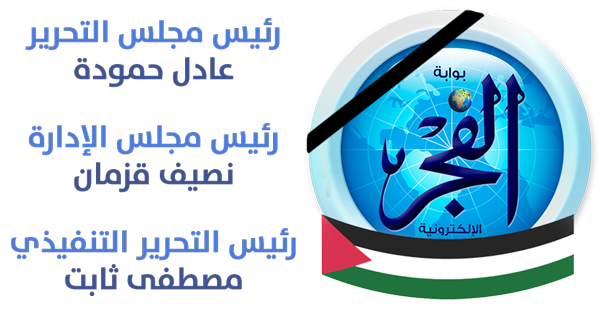The Independent Saudi woman driver spared 10 lashes after King intervenes
Saudi Arabia's King Abdullah has overturned a sentence of 10 lashes handed down to an activist who defied the country's female driving ban, after fierce criticism that the ruling undermined his recent efforts to give women more rights in the conservative Muslim kingdom.
In an unprecedented move on Sunday, the 87-year-old ruler announced that women would be admitted into the country's all-male consultative assembly. Women would also have the opportunity to stand in municipal elections and vote for the first time.
The move was hailed by most Saudis as a great step forward, but the exuberance was short-lived.
Two days after the decree, a court sentenced Shaima Jastaina to 10 lashes for her participation in the 17 June Women2Drive campaign, when a handful of women got behind the wheel to try to force authorities to reverse the ban on women driving. Saudi Arabia remains the only country in the world that does not allow women to drive. People were outraged. Many perceived the court's sentence as a direct challenge to the King's desire to implement reform, while other women who took part in the rare day of dissent began to worry about their own fate.
I was very worried when I read about Shaima, said one woman who spoke under the condition of anonymity. When I drove, I was stopped and my husband questioned, and I thought it was all over. I was prepared to go to jail for my belief, even though it's not a crime. But I believe the King didn't want women to be punished for this.
Late on Wednesday, Princess Ameerah Al-Taweel, the wife of Saudi Prince Al-Waleed bin Talal, reported on her Twitter account that the lashing had been cancelled. A Saudi official confirmed the decision to the Associated Press news agency, but did not elaborate on the reasons for the reversal of the sentence.
Many Saudis saw the King's swift action as a clear signal to the conservatives and religious hardliners where the ultimate power lies.
This isn't about driving or anything like that, said Noura Al Essa, a college graduate. This is how those religious people always try and make problems for the King to remind him that they have control.
Believe me, it's not a coincidence that they made this ruling now just after the King has done so many wonderful things for women. They don't care about what is good for the country or for their wives and daughters. They only care about control.
Despite enthusiasm for the King's new reformist spirit, it came too late for municipal elections held across Saudi Arabia yesterday, which were reserved for male voters.
It was only the second time a nationwide poll has taken place in the kingdom, where the royal family has absolute power. Saudi Arabia does not have a parliament. Instead, it has a Shura Council, an assembly appointed by the King with a similar mandate to advise, but not legislate.
Even the local councils are only partly voted for by the people, with half the representatives appointed.
And though the government has made substantive efforts to raise the profile and significance of these elections, many citizens feel they are an exercise in futility as municipal councils can effect very limited change.
Only an estimated 1.2 million men have registered to vote out of 5 million who are eligible to do so. Women will be able to take part in the next round of municipal election in four years' time.
As well as outside pressure to speed up reform, King Abdullah is also seeking to insulate his nation against the anti-regime uprisings sweeping other Arab nations. Earlier this year, he announced a $93 billion package of jobs, incentives and services for Saudis











